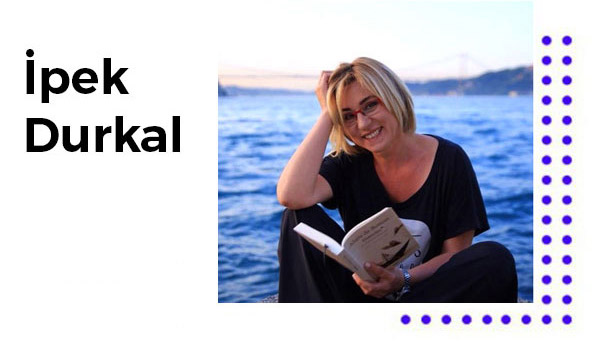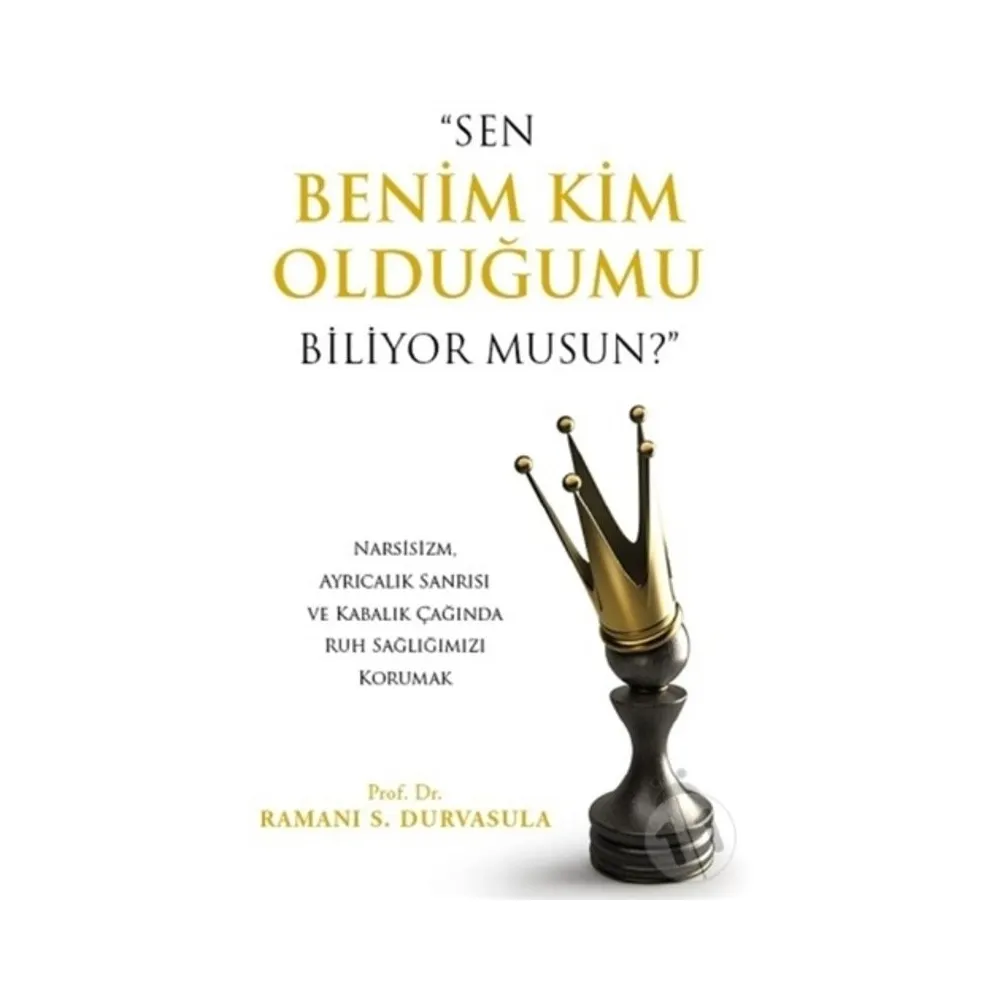
Excuse me, DON’T YOU KNOW WHO I AM?
I usually don’t get drawn in by a book cover or a blurb, until I saw the title of Prof. Dr. Ramani S. Durvasula’s Don’t You Know Who I Am? with its subtitle How to Stay Sane in an Era of Narcissism, Entitlement, and Incivility.
The idea of calling this age, where everyone is playing their own tune, an “age of incivility,” motivated me so much that I read all 515 pages with immense pleasure.
Prof. Dr. Durvasula explains how the egocentric behaviors of people who see themselves as special and entitled, along with the showiness, insincerity, harshness, and rudeness surrounding us, drain the mental energy of healthy individuals. She lays out, one by one, how these patterns manifest in every relationship imaginable, from family and friends to bosses and teachers.
As we read, we learn how to deal with toxic people, that is, how to protect our psychological boundaries and inner peace. We also get tips on why the other side acts as they do, and what we should or shouldn’t do in return. The following lines from the foreword, written by Ramani S. Durvasula, an American clinical psychologist and university professor specializing in narcissistic personality disorder, were enough to make me read the book: “The system is rewarding narcissism and human toxicity in all of its forms right now. It’s hard to sell compassion and empathy in a world that rewards narcissism, psychopathy, incivility, and materialism… I am angry that people are sold a message of second chances and forgiveness that allows toxic and narcissistic people to continue to do cruel things with impunity.”
Among the many themes that I believe every reader will find uncomfortably familiar from their own relationships and society, I was especially drawn to the chapters on “approval-seeking,” “siblinghood,” and “friendship”—sections that feel deeply tied to the social-media-driven world we live in. I think I’ve found myself a new bedside book I’ll return to again and again.
Our ancestors used to say, “Tell me who your friends are, and I’ll tell you who you are.” To me, the motto of this “age of incivility” should be: “Tell me your friend’s social media profile, and I’ll tell you who you are.”
AUSTER’S FAREWELL
The American writer Paul Auster, known for works such as The New York Trilogy, The Music of Chance, Moon Palace, The Brooklyn Follies, and Timbuktu, passed away last year at the age of 77. In the last two years of his life, Auster endured a family tragedy straight out of a novel: first his 10-month-old grandchild (from a poisoning never publicly detailed), then his son (from an overdose) passed away. But that’s not our focus here. Our focus is on Auster’s final novel, published during his lifetime, Baumgartner.
Seen in literary circles as Auster’s “farewell work,” the novel’s protagonist, Professor Baumgartner, like Auster himself, is in the final stage of life. Mourning the death of his wife, Anna, and preparing for retirement, Baumgartner reflects on his past, his loneliness, his awareness of aging, his thoughts on life and death, and his expectations for the future—all conveyed with a voice that is at times melancholic, at times humorous.
Anyone familiar with Auster’s novels knows that he dwells not on grand events but on the small, ordinary moments of daily life. Instead of flowery sentences, he favors a simple yet profound language. Who but Auster could so seamlessly link an unzipped pair of trousers to the passage of age—and make the reader feel that moment right alongside him?
A moving work to be savored, on aging, mortality, and the traces left behind by experience. Thank you, Paul Auster…



